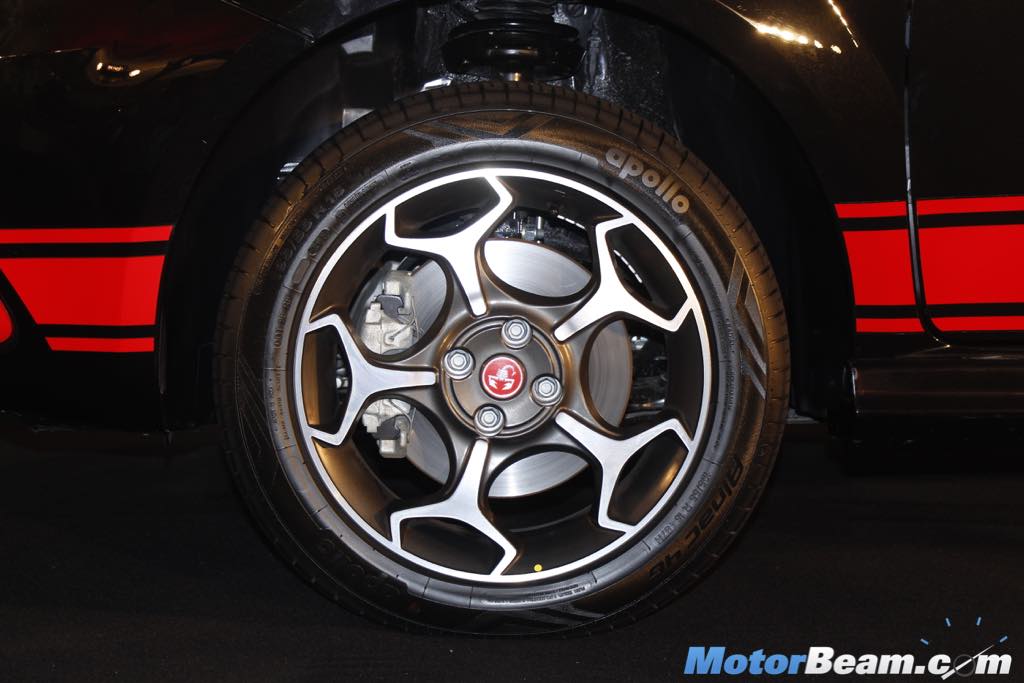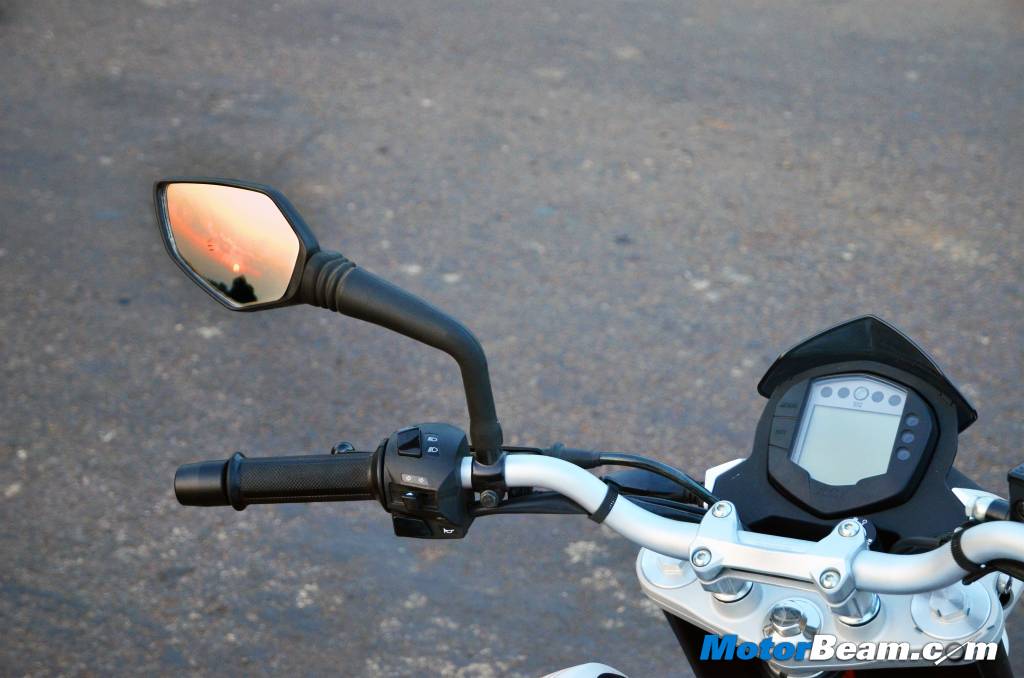Let’s make one thing very clear, dealers are supposed to rip off your hard earned money during the process of buying a car. After all they have a lavish showroom to run and sweet talking personnel to lure you into the showroom. Dealers actually don’t earn more than 5 – 7 percent of profit margin on the sale of a car but can definitely give you a slice out of their pocket if you bargain hard and play your cards right.
We give you the deals to go for and the deals to avoid when buying a new car from the dealer.
Ask For –
1. Dealer Discount
In most cases the dealer is ready to offer discounts from his pocket or directly from the manufacturer to the customer. You can ask for this discount, and there is a thick chance that the dealer will give it away without having to ask for it. You can choose to negotiate the dealer discount and ask for a bigger percentage to maximize the value. If you plan to opt for a less popular model, the dealer discount will be significantly higher.
2. Claim Loyalty Bonus
Consider you are upgrading from Maruti Zen Estillo to the New Swift; you are eligible to get a loyalty bonus for purchasing from the same manufacturer and from the same dealer. This is a move by most manufacturers to retain their existing customers and can be a discount of 3 -5 percent of the car’s amount. Even if you are trading in your old car for the new car from the same manufacturer, you will also receive a higher resale value for your car.
3. Outright Cash Is More Appealing
It is always more appealing to see cash in hand when making a deal. This gives the dealer a confidence of closing in on the deal and getting the cash up front. More importantly, the dealer will try and minimize the risk of you cancelling the deal and will give you a bigger discount to retain you. Outright cash also gives you the upper hand over the dealer and leaves you in the position for making the final call. You could also cut the price of your car by a healthy 10 – 15 percent after all discounts.
4. Insurance Discount
Certain dealerships may offer Re. 1/- insurance schemes that could save you a sizeable amount when purchasing the car. However, remember that such insurance schemes come with higher premiums which could be expensive in the long run. You can also ask for a discount on the insurance premium, if the dealership has a tie-up with the insurance company.
5. Compare With Other Dealers
Once you have finalized on the car, it is a good idea to visit different dealerships of the same brand and get a quote from each of them. You will be likely to get a fair difference in prices. While some dealerships may offer big discounts, the others would choose for free accessories. This will help you realize what works best for you. Also you can negotiate better with the dealership of your choice to get a better deal, since you are aware of the prices now. Moreover, your awareness will help you keep a rationalized approach towards convincing the dealer to give you a said discount.
6. Discount On Low Selling Colour
This could be a long shot but could end up bringing down the overall cost of the car. Certain colours don’t sell very well and dealerships are left with these cars lying in their stock yard. If colour is not an issue for you, you can opt for such a colour and get a discount on the same as well. Also, you can expect a faster delivery, since the car is already with the dealer.
The same applies for the less popular models. Dealerships may provide you with lucrative discounts to purchase these models, and you will receive a lower buying cost than the market. However, do check the reason for the model being less popular in the market. You don’t want to end up paying a bomb for spare parts.
7. Year End Purchases
Car sales tend to slow down at the end of the year, since everyone wants a car to be newer and want to purchase it in the New Year. Most manufacturers and dealerships offer huge discounts during the year end to lure buyers. You are most likely to get a good deal during this period for your dream car. The same applies for cars when purchased in March, at the end of the financial year. This is mostly due to fear of the budget and if the government implies any additional taxes.
However purchasing at the end of the year also means the car will not hold a higher resale value, because of it being a year older. But that should not be a problem, if you plan to retain the car over a long period.
Avoid –
1. Dealer Installed Accessories
Avoid going for accessories from the dealership. Dealers are known to charge extra for purchase and installation of accessories compared to the open market. Do not fall for their claim that getting them installed from outside will void warranty. Most accessories do not void warranty, unless the original mechanicals and the wiring are tampered with.
2. Extended Warranty
Dealerships may also ask you to opt for extended warranty from them. You can choose to not opt for the same. Most cars come with a one year or two years warranty period and the extended warranty may or may not be necessary. This is strictly up to you and you can save a decent amount by not going for the extended warranty from the dealer, unless it’s free.
3. Different Insurance Policy
Look out for different insurance policies in the market and compare the same with the dealer provided one. Dealerships manage to make profit from insurance policies that are purchased through them, albeit they may not be the best ones in the market. You should do a check and go for the policy that offers more coverage for a lesser premium. The dealer may intimidate you by refusing to sell unless you purchase the policy from him, but that is highly unlikely in today’s times. you could also transfer your previous policy for your old car to the new car, especially if it has a no claims bonus, thus reducing the cost of the premium.
4. Trade In
You are better of trading your car yourself to a buyer or broker, especially in the case of a different brand car, instead of the dealership. Dealerships offer lesser value for your car and you can get a better deal in the open market. However, this could be time consuming but the results would be fruitful. You can choose to use this money to make the down payment for your new car.
5. Depot Charges
Depot charges are charges taken by the dealership for stocking and handling your car till the delivery. This amount depends from dealer to dealer and is technically illegal. Refuse to pay this amount and if the dealer insists, make sure you ask for a receipt in exchange for this payment. These charges amount to Rs. 5000 – 10,000 and dealerships are known to not give you a written document showing that you have paid them. You are in no way entitled to pay the depot charges and can even take the dealership to consumer court for charging you the same. In a more realistic scenario, ask him to completely wave off or reduce the depot charge on the car.
6. Hidden Charges
Dealerships may add hidden charges in the name of processing fees at the very last moment. Make sure you are paying on that amount that you settled upon. If you have had a good deal, the dealer might choose to not levy these charges on you. This solely depends from dealer to dealer.
7. Cross Check The Accessories
Make sure you cross check if all the accessories you asked for are there or not. You tend to miss out on smaller details at the last moment when taking the delivery of the car. The dealer might use this against you and add accessories to the list that you may have not asked for. Also keep in check all the accessories and equipment that come with the specific trim or variant you have purchased. Some dealers may try and fleece you with charging extra for the standard equipment.
Make sure you make your purchase worthwhile and get the best deal for your money. Also check out our guide on how to test drive a car before buying.
We would love to know about your car buying tips. Share your car buying experiences with us in the comments box below.






